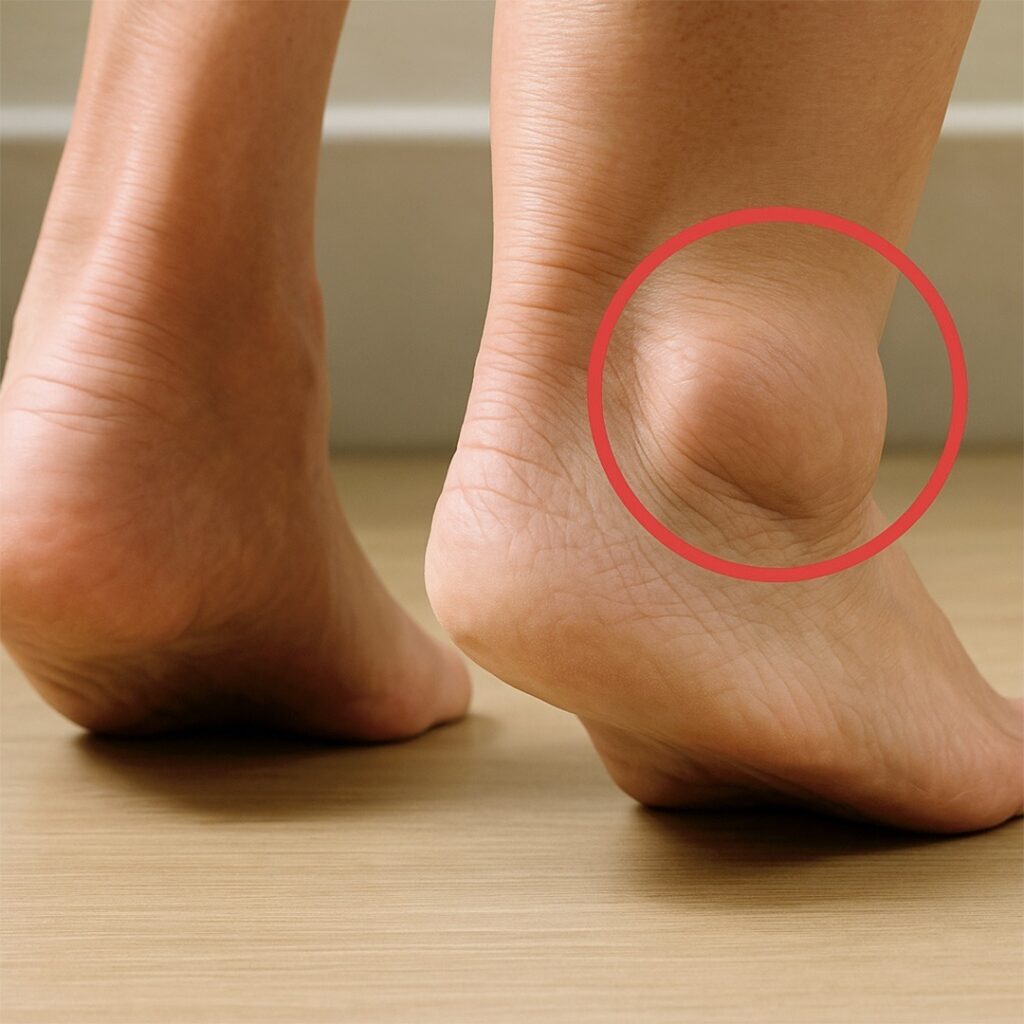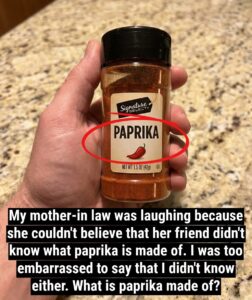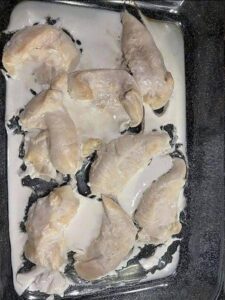
🌿 1. Ginger & Turmeric Anti-Inflammatory Tea
Both ginger and turmeric have powerful anti-inflammatory compounds that help reduce swelling and pain.
Ingredients:
- 1 cup hot water
- 1 tsp grated fresh ginger
- ½ tsp turmeric powder (or grated root)
- 1 tsp raw honey (optional)
- A pinch of black pepper (to boost turmeric absorption)
Instructions:
- Boil water and add ginger + turmeric.
- Let steep for 5–7 minutes.
- Strain, add honey and black pepper.
- Drink twice daily for inflammation relief.

❄️ 2. Cold Compress Therapy
Cold therapy helps reduce swelling and soothe sore heels.
How to Use:
- Wrap a few ice cubes in a towel OR use a frozen water bottle.
- Apply to the swollen heel for 15 minutes.
- Repeat 2–3 times daily.
🛢 3. Castor Oil Warm Massage
Castor oil contains ricinoleic acid, known for reducing inflammation and promoting circulation.
How to Apply:
- Warm 2 tablespoons of castor oil.
- Massage gently onto the swollen heel for 10 minutes.
- Wrap the heel with a warm towel for better absorption.
- Do this before bedtime daily.
🍵 4. Epsom Salt Foot Soak
Epsom salt (magnesium sulfate) helps reduce fluid retention and ease soreness.
Ingredients:
- ½ cup Epsom salt
- Warm water in a basin
Instructions:
- Dissolve salt in warm water.
- Soak your feet for 20 minutes.
- Pat dry and moisturize with olive or coconut oil.
- Repeat 3 times per week.
🥒 5. Anti-Inflammatory Smoothie
This drink supports healing from the inside out.
Ingredients:
- 1 cup almond milk
- ½ cup pineapple (contains bromelain, good for inflammation)
- ½ cucumber (hydrating + anti-inflammatory)
- 1 tsp flaxseeds or chia seeds
- ½ tsp turmeric powder
Instructions:
- Blend all ingredients until smooth.
- Drink once daily in the morning.
🧘 Lifestyle Tips
- Wear supportive footwear (avoid flat shoes and high heels).
- Stretch your calf muscles and Achilles tendon daily.
- Maintain a healthy weight to reduce pressure on the heel.
- Avoid standing for long periods when possible.
✅ These remedies may help reduce swelling and discomfort naturally.
⚠️ If the swelling is sudden, severe, or persistent, or if you also experience redness, heat, or fever, please seek medical advice immediately—it could indicate gout, infection, or another underlying condition.





Leave a Reply